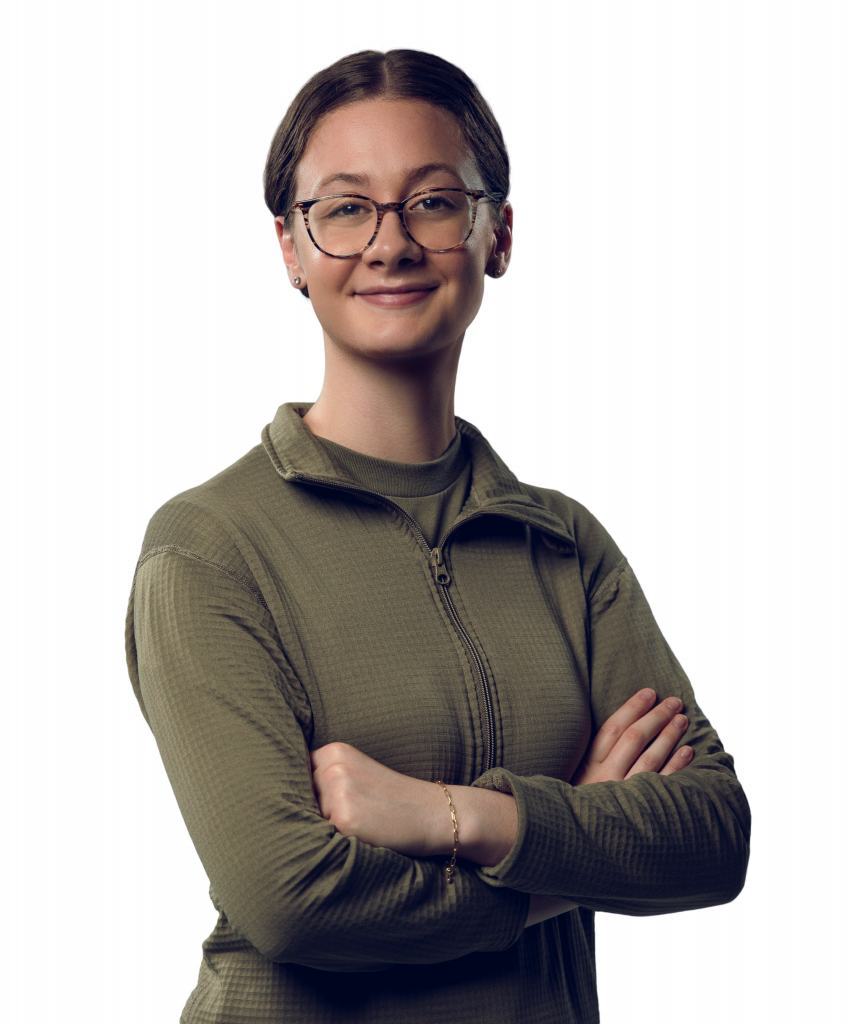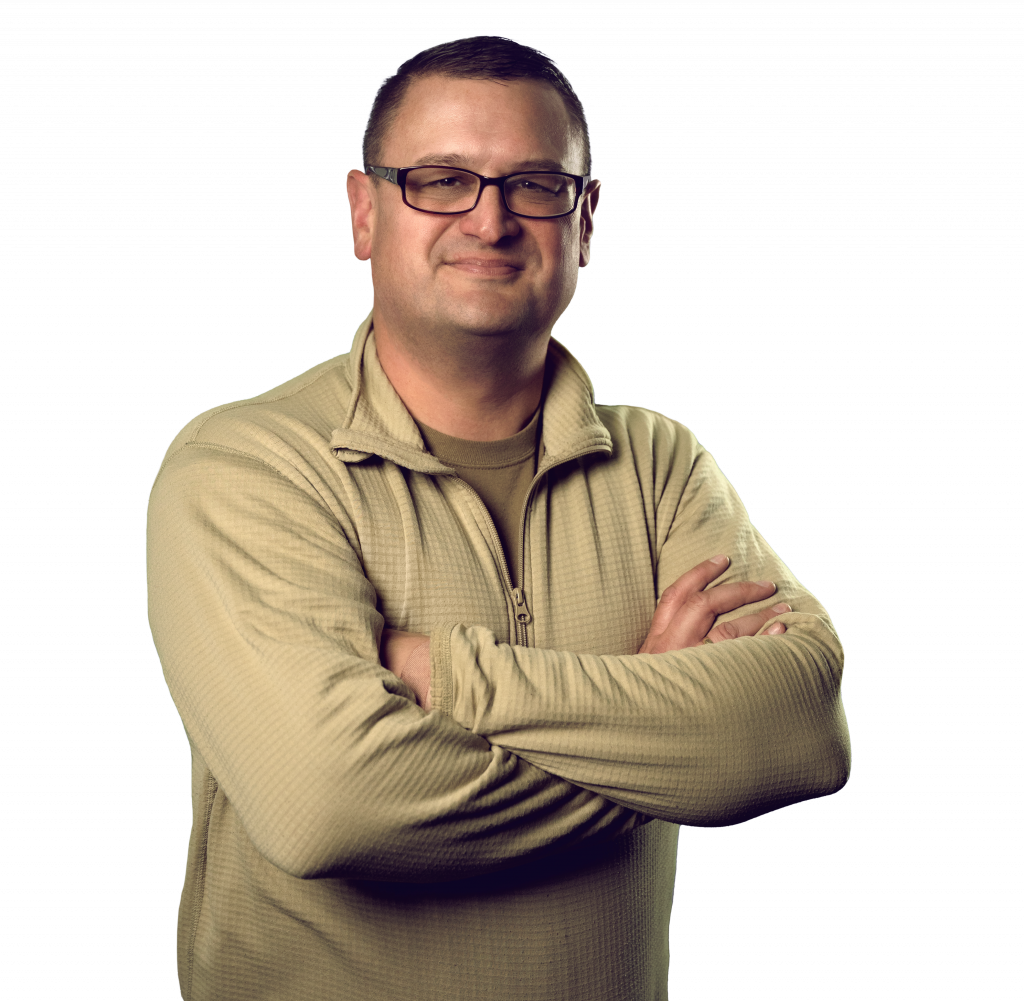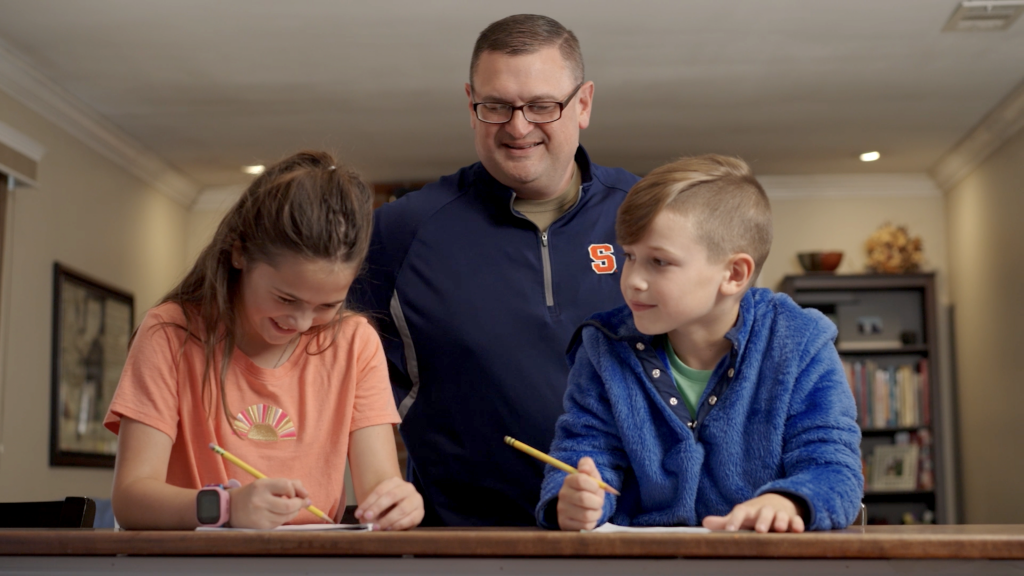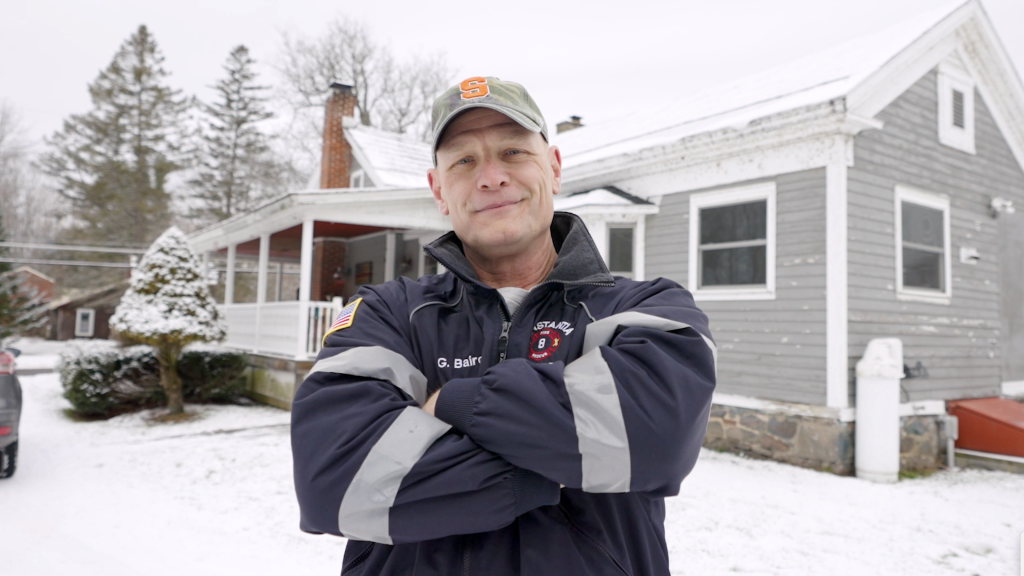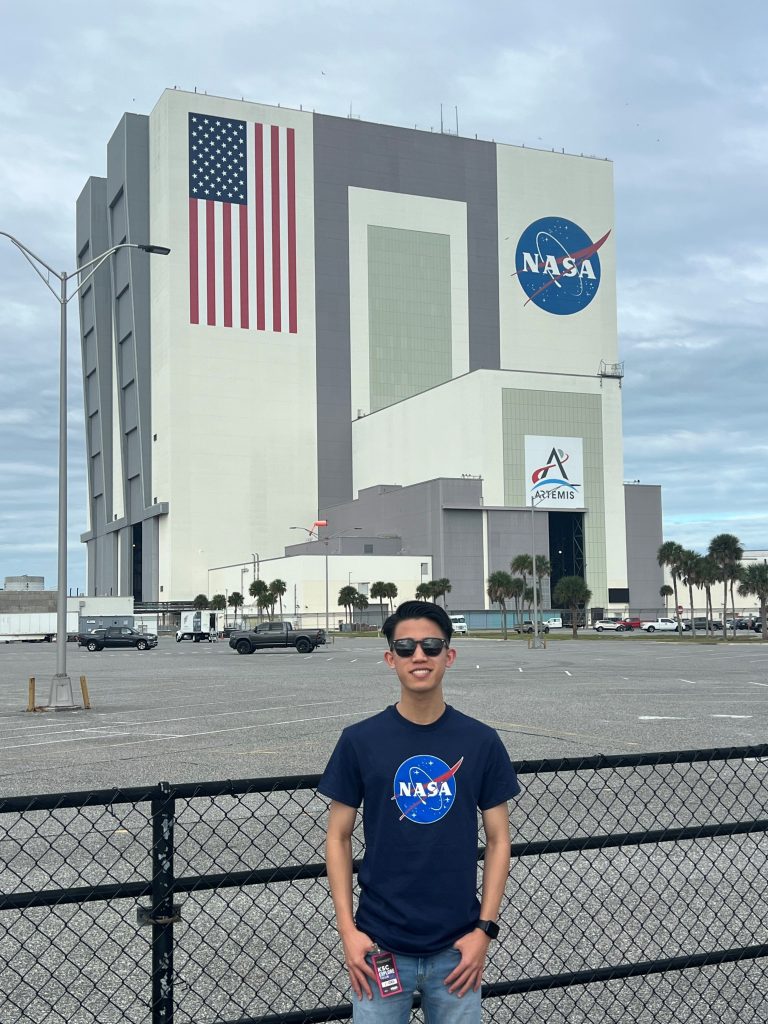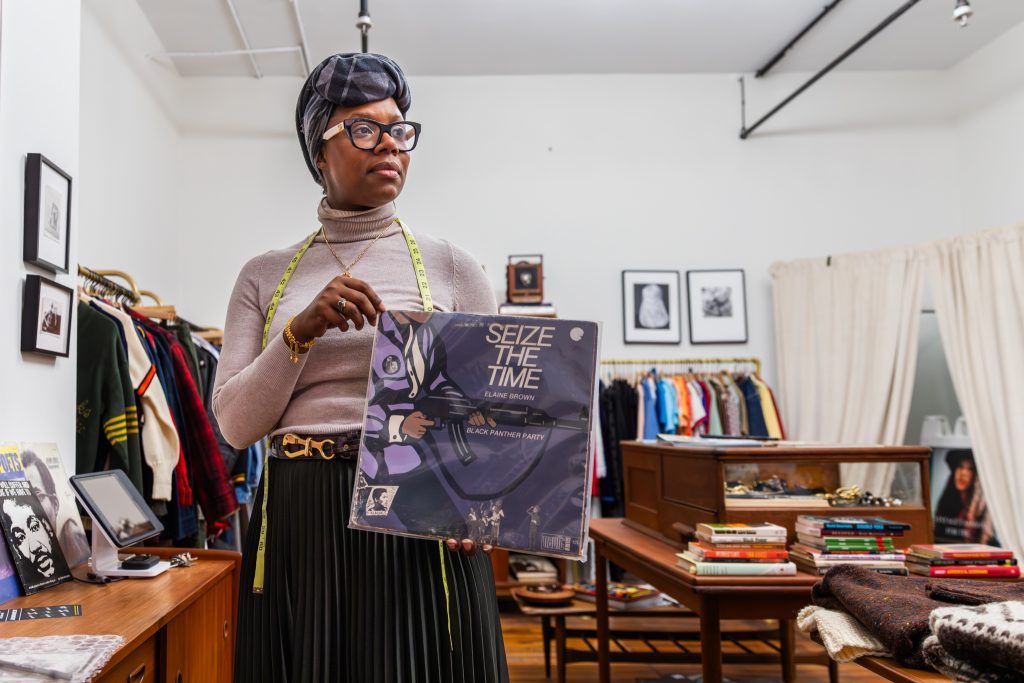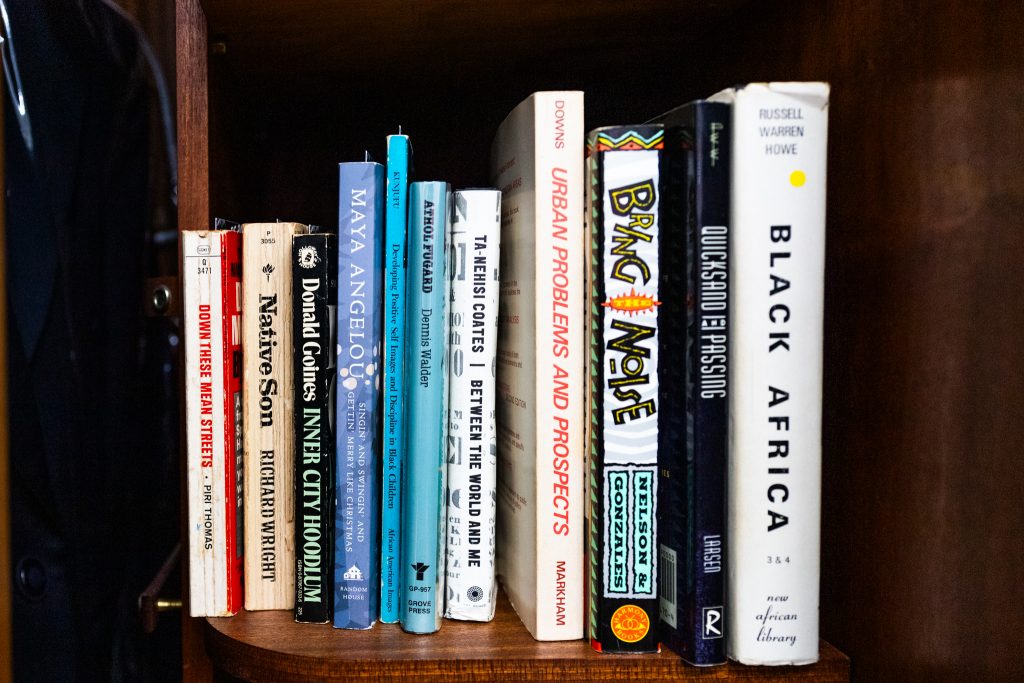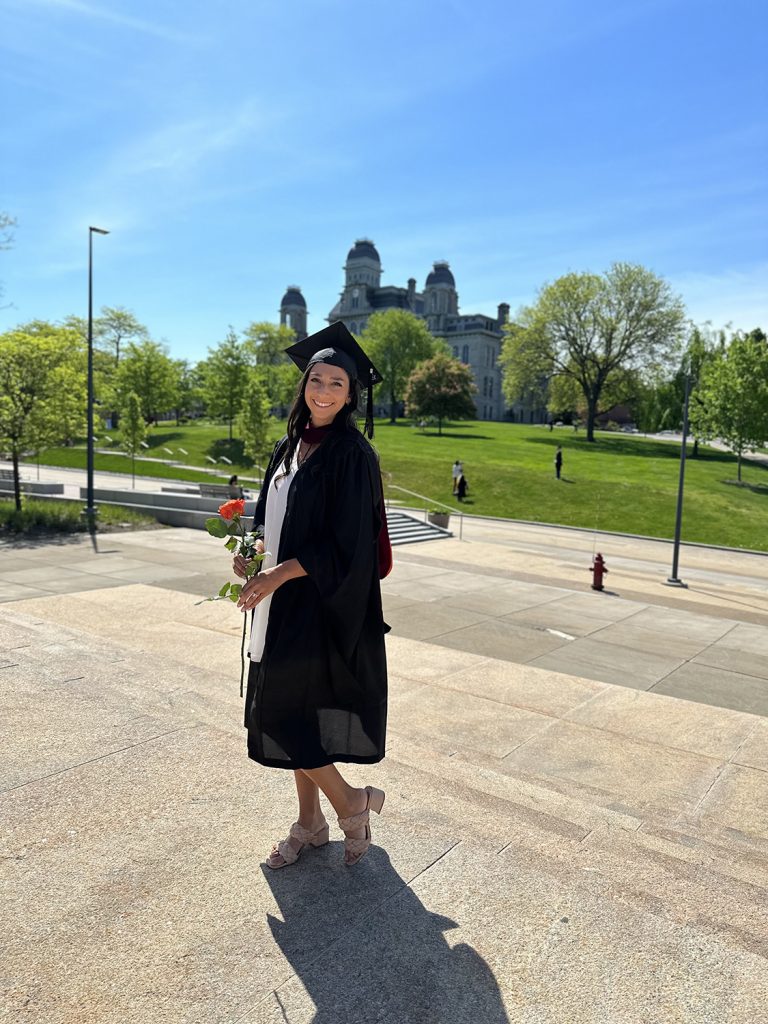
Pursuing further education is a personal and professional decision, and for those already navigating a career, finding the right path can be both exciting and challenging. The College of Professional Studies’ online certificate of advanced studies (C.A.S.) in project management offers the flexibility to learn at your own pace, gain valuable skills from anywhere, and enhance your career prospects without disrupting your current lifestyle.
For Ashley Barletta, the decision to pursue a Project Management (C.A.S.) was driven by a desire to build on existing knowledge and skillsets while maintaining flexibility in her busy life. In this Q&A, we dive into the experience of earning a Project Management C.A.S., exploring the inspiration behind choosing a certificate over a degree, the skills gained, and how the program has impacted both Barletta’s career confidence and leadership abilities.
How have you found the workload and intensity of the certificate program compared to other courses you’ve taken?
The workload and intensity of this program are in line with my expectations for a graduate program. Asynchronous work along with virtually meeting once a week is the perfect mix of collaborative and individualized learning that fits within my current work schedule and personal life. The course load and expectations are very similar to other online courses I have taken.
What skills or knowledge did you gain from the certificate program that you’ve found most valuable in your work or career?
Getting a sense of the broad project management process has been the most valuable aspect of this program so far. There are so many intricacies associated with project management that don’t get covered in traditional job setting, so these courses are helping provide the foundation of what it truly means to manage a project.
How do you apply what you've learned in the certificate program to your current job or projects?
Project management comes in many forms and the skills learned in this program have so many implications in my everyday work. I find myself being more mindful of the project planning process, assessing aspects like scope, key stakeholders and communications plans, which are integral parts of keeping a project running smoothly and on course.
What tools or software are you becoming proficient in through the certificate program?
Although I haven’t personally explored new software yet, I am learning about new templates and procedures to utilize when managing projects that I’ve never encountered before. Work breakdown structure? No problem. This skill is extremely helpful when outlining project activities and critical pathways that I can leverage in future projects.
How do you feel the project management certificate has impacted your confidence and leadership abilities?
I feel that this certificate has enhanced my leadership skills and confidence in the workplace. I feel more prepared to step up and take the lead on new or existing initiatives based on the learnings and knowledge gained from these courses. Learning about the fundamental principles of project management have shown me how crucial critical steps like planning, communicating and time management are to the success of a project.
What was the most challenging aspect of the project management certificate program, and how did you overcome it?
The most challenging aspect of this certificate was the learning curve related to new terminology and processes associated with project management. There are many processes that we might utilize when handling a project, but there are so many steps to take and reasons for why something needs to be done within the project management landscape. It has been so interesting to discuss topics like risk assessment, the project lifecycle, stakeholder management and different project management approaches – most of which I had never studied before.
How did the online format of the certificate program fit into your lifestyle, and did it provide the flexibility you needed?
This program is so flexible! It fits into my lifestyle, both professionally and personally due to its modular and asynchronous nature. Working on projects and homework throughout the week, paired with a weekly virtual session with classmates and our professor, is a great way to learn and engage even with a busy life. I truly enjoy the flexible nature of the program and appreciate that it accommodates working professionals who want to continue or broaden their education in a new field.
Do you feel the certificate has improved your job prospects, and if so, in what ways?
I believe that this certificate will benefit me in many ways. Not only am I gaining skills that can be applied to any job or field, but I feel more marketable and well-rounded. Adding this certificate to my resume with be a great talking point when it comes to networking, elevating work in my current role or even new career opportunities down the road.
What advice would you give to someone thinking about pursuing a project management certificate?
I would absolutely recommend this certificate—there are truly no drawbacks to this 5-course program. Through these compact yet jam-packed courses, you are able to learn so much in a short amount of time. The benefits of learning project management skills will undoubtedly make me a better worker, planner, and leader.
Ready to advance your career? Our project management degrees, certificates, and minors equip you with the skills, knowledge, and confidence to lead successful projects. Whether you’re aiming for leadership or enhancing your expertise, our programs prepare you to drive innovation, solve complex challenges, and lead teams to success. Learn more today!



